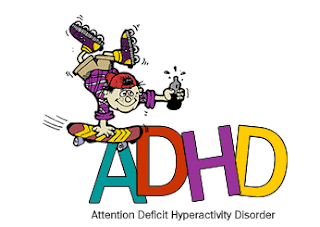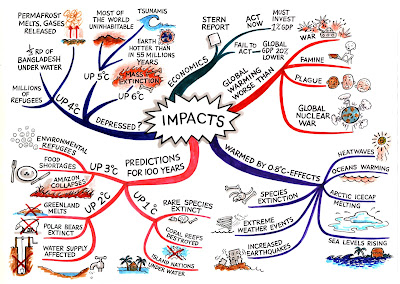Dr. Paul Pimsleur's approach to learning languages makes an astonishing claim. Learn a language in 10 days! Obviously, few on the planet could learn a language in 10 days, but many, I suppose, could learn to communicate basic concepts in another language in 10 days - this is essentially the cornerstone and success of immersion programs.
Many people have traveled abroad to participate in immersion programs that in 2-weeks or 4-weeks time jumpstarted 4-years of high school Spanish, French or German that failed to get them speaking the language.
It is with this result in mind - basic communication - that I am going to order Pimsleur's language course to see if his claim is accurate. Only, I'm not going to test it out on myself. I'm going to test it out on my son.
We moved to the states when he was a toddler. When he entered Kindergarten, he looked up at his teacher with those big bright eyes of his and said, "I speak English, no."
He had to work diligently to learn and master English. So diligently that we literally had to stop speaking Spanish with him to give him every advantage to master the language.
Today, he is a fluent English speaker. Living in Paris, he began learning French much like my daughter learned English, using the traditional method. However, his French advanced more quickly than ours because of his age and due to the fact that we were living in Paris (i.e., immersion).
My daughter and I speak Spanish between ourselves. She was 2 1/2 years older than her brother when we moved to the states. While I speak both languages fluently, I had only taught her Spanish up until she was 4 years old. Consequently, because English was not her "mother tongue", we ended up approaching learning the language as if it were foreign, utilizing the traditional approach to learning languages. Subject, verb, verb conjugation, pronouns, adjectives - these all build a coherent whole but it's a lot to dump into your brain at once without the advent of experience to connect language to emotion.
(The temporal lobe is one of the four major divisions of the cerebral cortex. It regulates memory, emotions, hearing, language, and learning. The capacity for declarative memory takes awhile to develop, "this is why it's rare to remember experiences from before the age of 3 or so.")
Essentially, the issue in our household is that my daughter's mother tongue, shared with me, is Spanish. My son's mother tongue, reestablished with me, is English. How do I bridge the gap?
We have spent the last 4-years learning French. We moved to Paris without speaking French. The kids were enrolled in a private International school for English speakers. They "studied" French as a foreign language. We learned more French going to the bakery and the butcher than we did writing out verb charts and making vocabulary flashcards.
Today, we're preparing to enter intermediate French. I can tell you, it's been a lot to master and none of us can communicate as fluently as we'd like. Still, we are applying basic immersion techniques. For example, when we go shopping, we speak amongst ourselves in French. In Paris, we went to the grocery store every day given that we did not have a lot of space in our apartment to store food. Also, it was easy to walk down the street and have fresh food available from nearly every world cuisine. It was treat to go choose our daily meal. This experience we repeat wherever we're living, and shopping is now our own little version of immersion.
From experience, I know you can immerse yourself in a new culture without mastering the language. If you have family members and other people who can and will communicate with you in your own language, you don't force yourself to learn the new one. This has more to do with human behavior than it does with learning.
This is similar to the issue we have at home. Since my son and I have reestablished our mode of communication in English, it feels "awkward" to speak in Spanish. As such, relearning Spanish is boring because we're taking the traditional approach.
So, that's it. I'm going to order the program and 10-days after it arrives, I'll report back and let you know what happened!



















































